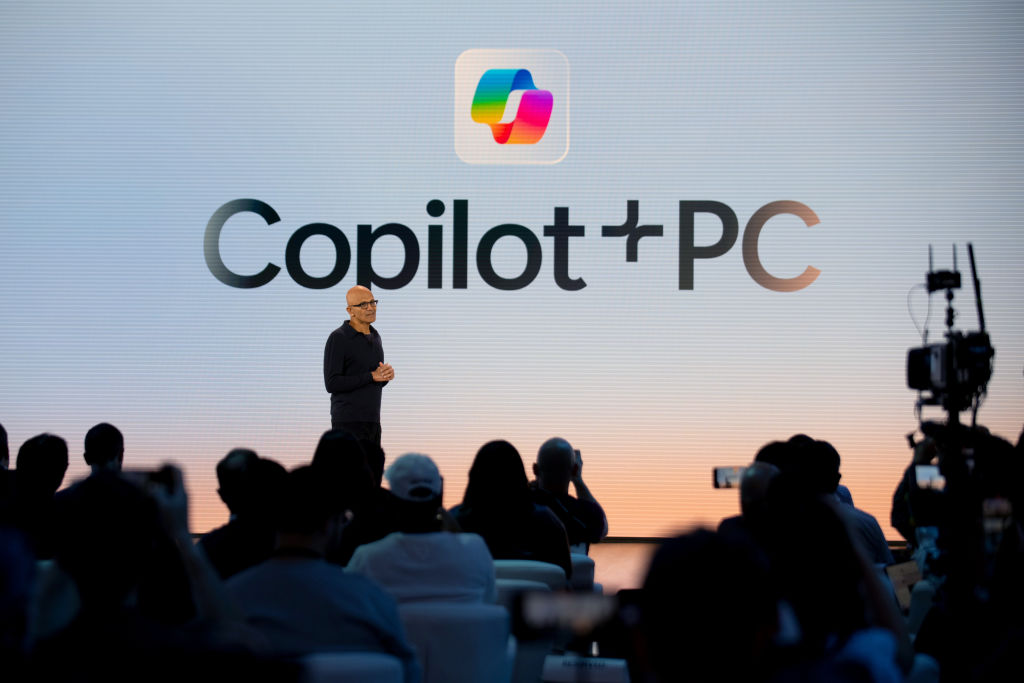Microsoft’s new AI-powered “Recall” feature for Windows, which saves everything displayed on a user’s screen, is sparking heated debates regarding privacy. Unlike traditional keyword searches, Recall regularly captures screenshots of the user’s screen and stores them locally on the device.
Also Read: Microsoft Integrates Copilot AI Into Xbox and PC Games
The obtained screenshots are then analyzed using artificial intelligence to make the content searchable and retrievable on command.
Privacy Advocates Sound Alarm Over “Nightmare” Risks
Jen Golbeck, a professor of AI at the University of Maryland, says that she has concerns about what would happen if Recall were to get into the wrong hands.
“Stuff may stay on your device, but that doesn’t mean people can’t get to it, you won’t have an option to protect yourself even if you use incognito mode or clear your history because the tool has access to everything that’s been on your screen.”
Jen Golbeck
Golbeck points to cases where the feature may pose certain risks to users, for example, journalists who work in dangerous conditions or victims of abuse. Although Recall provides options for customization and blacklisting, opponents believe that it can still pose a threat to user privacy in some cases.
Also Read: The EU May Fine Microsoft Billions of Dollars Over AI Information
UK Watchdog Launches Formal Investigation into Privacy Practices
The United Kingdom’s Information Commissioner’s Office (ICO) has recently opened an investigation against Recall to determine the firm’s level of compliance with user protection. The prospect of consumer behavior being constantly recorded has sparked concerns, with an ICO spokesperson saying the companies must “rigorously assess and mitigate risks to people’s rights and freedoms.”

In an interview with the Wall Street Journal, Microsoft CEO Satya Nadella sought to allay user concerns by stating that Recall only works locally on a user’s computer and that screenshots are not sent to Microsoft. Some experts, such as Geoff Blaber of CCS Insight, believe that privacy issues are overrated and users are more in control of their data while the device has security measures, while others are skeptical.
Also Read: Microsoft’s New Accessibility Controller Sparks Pricing Backlash
In the announcement for Recall, Microsoft emphasized that the feature operates locally, with the AI processing done on the device to enhance security, and it won’t capture shots of private browsing. When unveiling the feature on Monday, Microsoft blogged: “Recall leverages your personal semantic index, built and stored entirely on your device.”
Debate Intensifies Over Potential for Malicious Exploitation
Michela Menting, a senior research director at ABI Research, said the feature is a “step backward” for privacy.
“The argument that hackers need physical access to even be able to manipulate Recall is short-sighted at best because there are plenty of highly ingenious ways threat actors could exploit such a valuable tool.”
As previously reported by Cryptopolitan, Microsoft-backed AI firm OpenAI faced backlash after releasing a voice for its new version of ChatGPT that is remarkably similar to Hollywood actress Scarlett Johansson.
Cryptopolitan Reporting by Brenda Kanana





